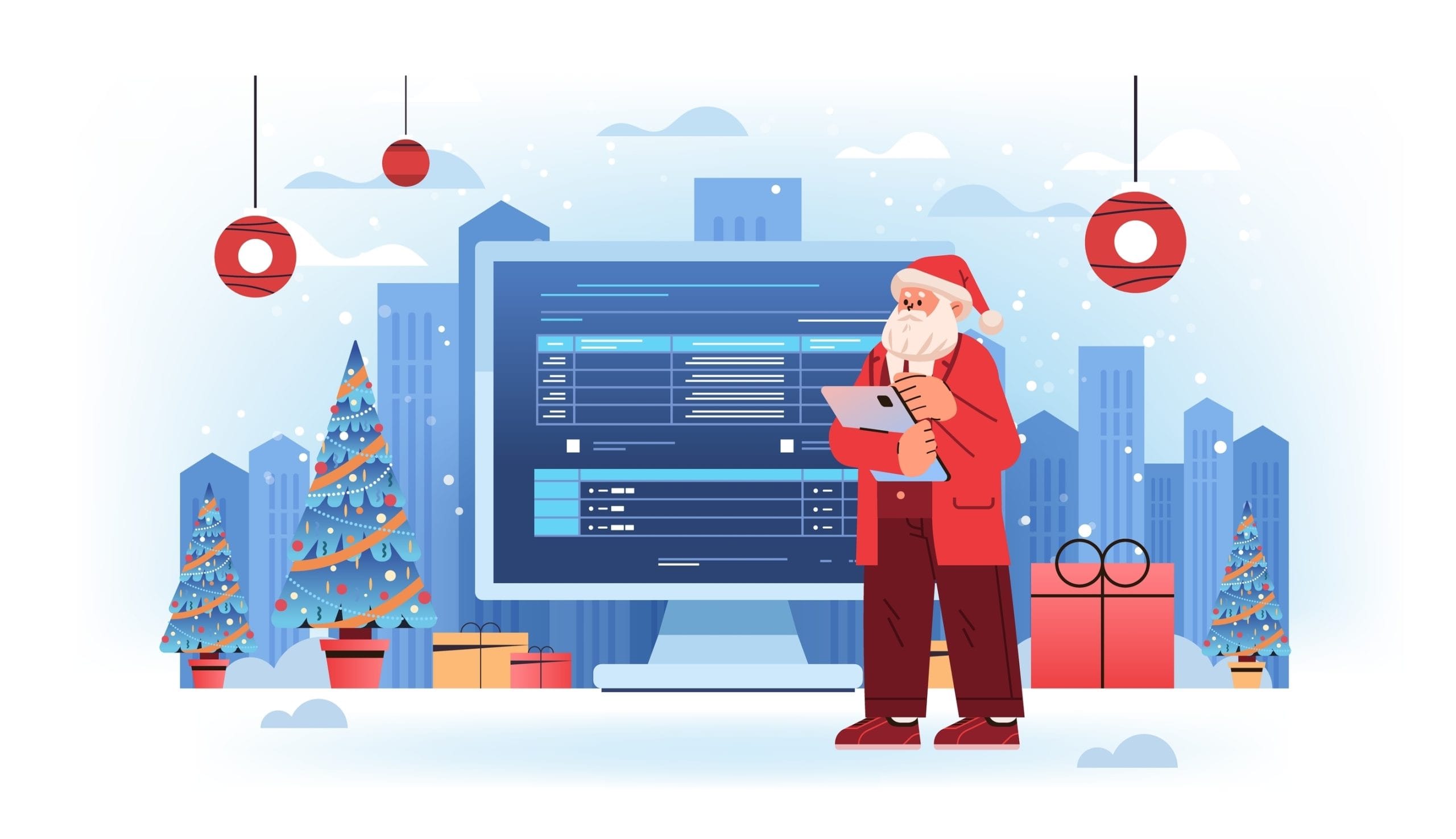
As Christmas approaches, thousands of crafters begin turning their festive creativity into a way to make some extra money.
From handmade wreaths to winter market stalls, gift giving is an important part of the holidays and many individuals look to support handmade creations.
However, with the rise in festive sales comes a reminder from HM Revenue and Customs (HMRC) to declare if your side hustle earns more than £1,000 a year.
A common misconception addressed by HMRC is understanding the difference between decluttering and trading.
Selling the odd unwanted personal item is generally not taxable but making products to sell or running a festive stall are considered trading activities, even if they start as hobbies.
Many individuals are often caught out on the £1,000 trading allowance that applies to their gross income and not their individual profit.
Through its Help for Hustles campaign, HMRC is urging anyone earning from festive items to review whether their income exceeds the annual £1,000 trading allowance.
The £1,000 allowance is a tax-free threshold for total trading income in a tax year and should cover all your trading activities combined.
Many common trading activities include making items specifically to sell for profit, regularly selling festive crafts online and upcycling furniture or decorations for sale.
Understanding the tax implications of your side hustle can be confusing, but seeking legal advice can help you get ahead of your finances.
If your festive crafts bring in more than £1,000 in the annual tax year, you will need to register for self-assessment as a sole trader.
To stay compliant with any tax policies, it is important to file your tax return by 31 January 2026 and pay any tax by that deadline.
If you are left unsure about whether you need to report your additional income, HMRC has a free online checker tool.
However, if you require further help registering and filing for tax, our financial team can guide you through the process.
HMRC reported that one in ten people in the UK are often unintentionally not registered to pay tax when they should be.
It is important not to be a part of this hidden economy and let your festive sales lead to unexpected tax bills in the new year.
If you want your additional Christmas funds to be safe and compliant, seek financial advice early on and prepare for the tax year ahead.
For expert financial advice and support, contact our team today.